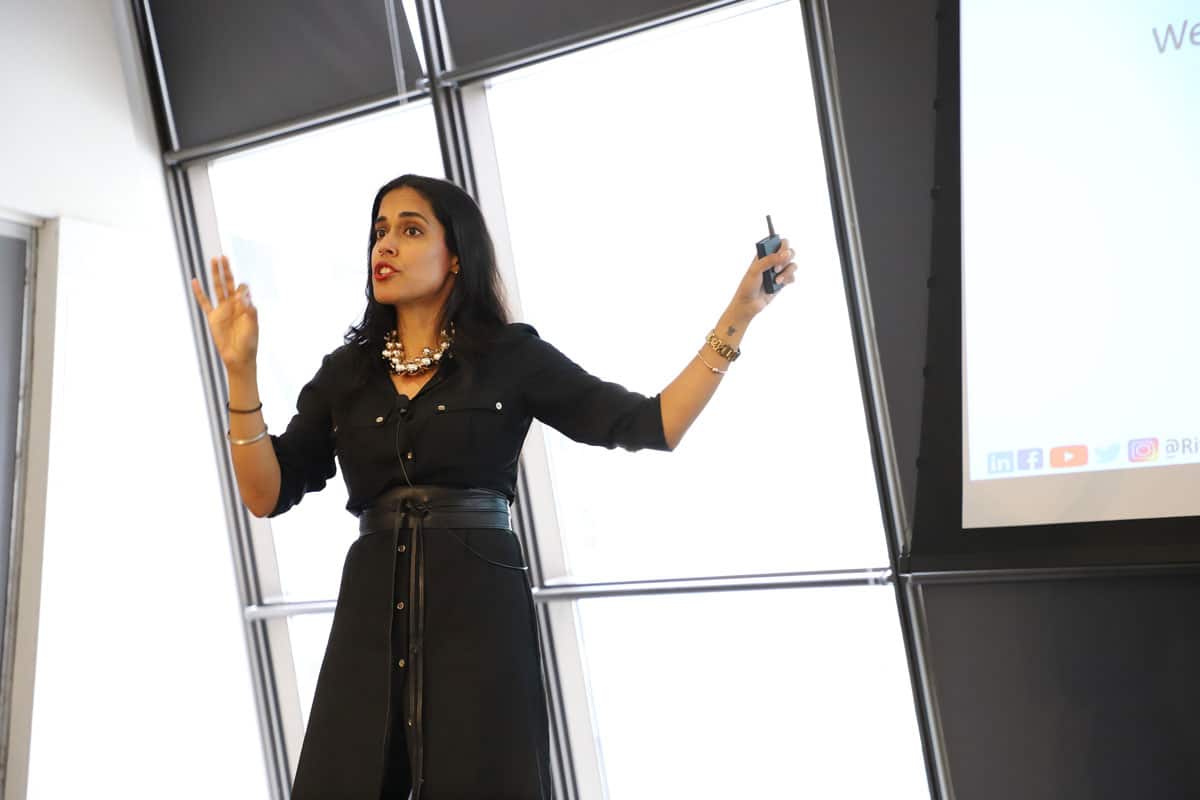
As we kick off 2022, and as organizations ramp back up after a much-needed break, I know that DEI professionals and HR leaders are giving much thought to the key diversity, equity and inclusion (DEI) areas to focus on in the year ahead.
Based on our work at bci, last year’s experiences with collective burnout, the slow rollout of hybrid working and the “Great Resignation” will continue to inform the DEI trends for 2022, and a commitment to anti-racism work will remain as important as it was in previous years.
With that in mind, here are four key areas that we at bci feel organizations should make a key focus for their DEI efforts in 2022.
1. Mental Health Inclusion
2021 was the year of burnout and languishing, and the long-term effects of this collective experience on our team’s (and our own) mental health will continue to play out in 2022. Prioritizing mental health inclusion must continue to be a top priority for organizations who want to create cultures of wellness and psychological safety where their team members feel supported and motivated. Learn more here.
2. Inclusive Hybrid Working
2022 will see a large-scale shift to hybrid working and, for some organizations, the return to full-time in-person work. This transition will require navigating numerous new and unexpected DEI challenges, with some of these challenges overlapping with the need for mental health inclusion programming to provide added support to team members. Inclusive leadership — and radical transparency — will be critical for navigating this transition successfully.
3. Recruitment and Retention
With the “Great Resignation” set to continue into the New Year, inclusive talent management practices will be more crucial than ever before, especially inclusive recruitment. In order to cultivate inclusive and engaged teams despite this difficult moment, HR leaders must be proactive in prioritizing both recruitment and retention. Learn more here.
4. Recommitting to Anti-Racism
As I was reminded near the end of last year (by my run-in with Fox News), while the momentum around racial inclusion has slowed down considerably, the hate hasn’t. In 2022, it will be critical for organizations to ramp up their efforts around racial inclusion in order to disrupt bias and empower BIPOC professionals in a meaningful way that enables them to thrive at work. Learn more here.
If the last two years have taught us anything, it’s that there’s no way of predicting what the year ahead will bring. But by focusing on these key inclusion areas, organizations can create a strong foundation for inclusion and set themselves up for success regardless of the unique challenges that may lie ahead.
Bring on 2022!
Sign up for bci’s mailing list to get the latest diversity, equity and inclusion insights right to your inbox every month.
Komal is bci’s Senior DEI Consultant and Mental Health Expert-in-Residence and an accomplished DEI facilitator, coach, and strategist. Komal has over 20 years of experience in providing strategic and advisory guidance and program development across a range of sectors, with a particular concentration in mental health and racial inclusion. Komal is also the founder of Insayva Inc., a social enterprise focused on providing accessible DEI and health equity support to charities and non-profit organizations.
Komal has extensive experience in creating and delivering programming in a range of leadership and DEI areas, including mental health inclusion, psychological safety, empathy, relationship repair, allyship, and cultural competence. She is passionate about driving transformational change in workplaces and has worked closely with bci clients – corporations, professional service firms, health care providers, and educational institutions – to embed cultures of inclusion within their organizations.
Komal has provided one-on-one inclusion coaching to hundreds of senior leaders and brings a unique approach that is informed by her background as a therapist. She is able to expertly handle sensitive conversations and situations and works with leaders to develop the knowledge and skills necessary to advance racial/ethnocultural, gender, and mental health-related equity across teams and organizations. Komal also offers a performance coaching program designed specifically for BIPOC leaders. This program aims to help BIPOC leaders harness their place, position, and identity to thrive in the workplace and beyond. Komal is a qualified administrator of the Intercultural Development Inventory (IDI).
As bci’s Mental Health Expert-in-Residence, Komal offers tremendous expertise around workplace mental health. As a doctoral trained mental health clinician, certified health executive, and registered social worker, Komal has assisted organizations looking to advance employee mental health inclusion and well-being through offering programming on inclusive dialogue, anti-stigma, burnout prevention, psychological safety, resilience, and self-care. Komal is committed to advancing mental health and wellness across the life course; she currently serves on the board of the Alzheimer’s Society of Ontario and previously served on the boards of Children’s Mental Health Ontario and the YMCA of Greater Toronto.
When Komal is not working, you’ll find her painting, cooking, or snuggling with her cats.